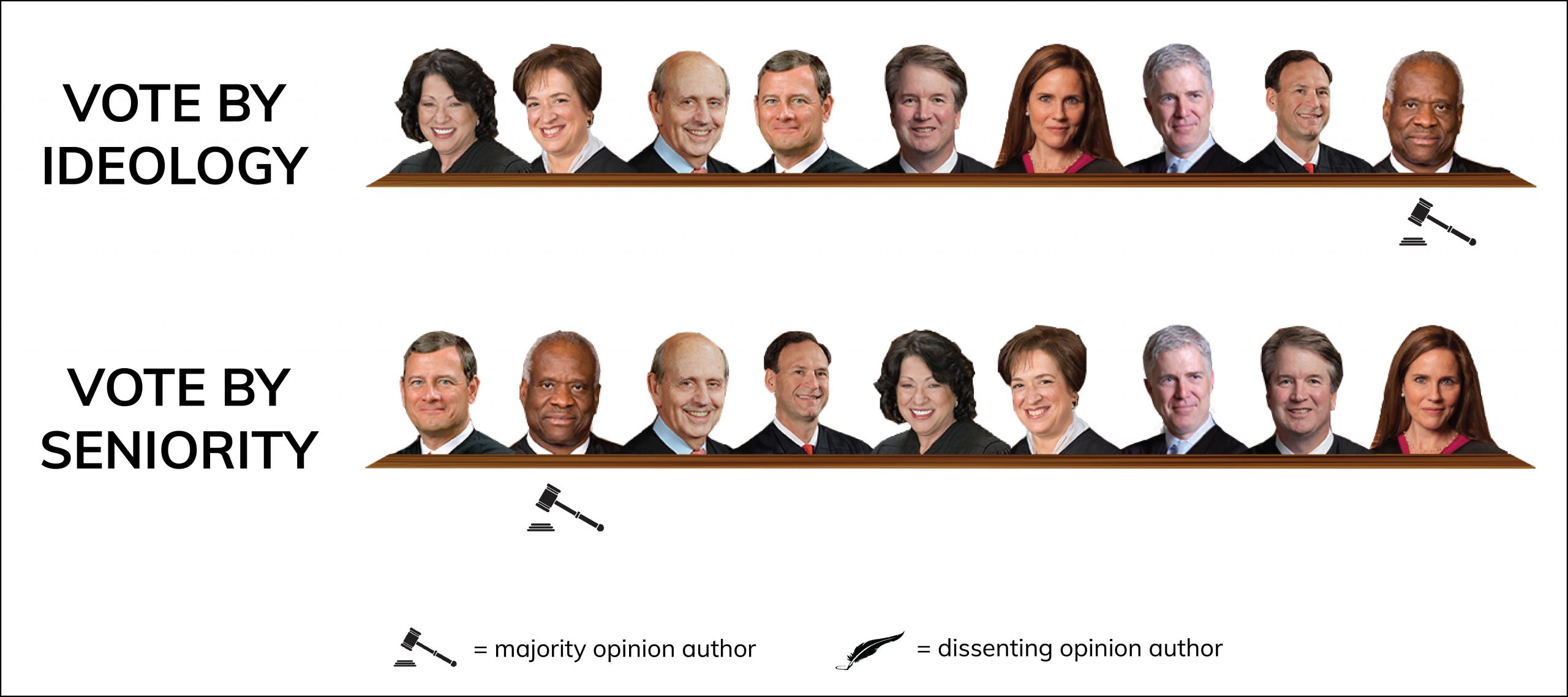Unanimous court revives Guam’s Superfund claim against U.S. Navy


The Supreme Court on Monday sided with Guam in its dispute with the federal government over the cleanup costs of toxic waste on the island. Justice Clarence Thomas wrote the opinion for a unanimous court just four weeks after oral argument in the case.
The case, Guam v. United States, involves the Territory of Guam’s efforts to require the U.S. Navy to share the cost of cleaning up the Ordot Dump, a Superfund site where the Navy allegedly dumped toxic waste for decades. The federal Superfund statute, the Comprehensive Environmental Response, Compensation and Liability Act, allows contribution claims to be brought under Section 113(f)(3)(B). That provision provides that a “person who has resolved its liability to the United States … for some or all of a response action or for some or all of the costs of such action in [a] settlement may seek contribution from any person who is not [already] party to a [qualifying] settlement.”
Before the U.S. Court of Appeals for the District of Columbia Circuit, the Navy had successfully argued that Guam’s claim was time-barred because its settlement of a Clean Water Act suit by the Environmental Protection Agency in 2004 had triggered Section 113(f)(3)(B)’s three-year statute of limitations. At the Supreme Court, Guam argued that only a settlement of CERCLA-specific liability and not a Clean Water Act settlement could trigger the statute of limitations. The court agreed with Guam that only a settlement of CERCLA-specific liability could trigger the statute of limitations for Guam’s contribution claim.
Writing for the court, Thomas focused on the statutory text and its repeated reference to CERCLA-specific terms such as “response costs” and “response actions.” He rejected the Navy’s argument that, because the Clean Water Act settlement involved pollution from the Ordot Dump, it was sufficient to trigger the statute of limitations. “To be sure, as the Government points out, remedial measures that a party takes under another environmental statute might resemble steps taken in a formal CERCLA ‘response action,'” Thomas wrote. “But relying on that functional overlap to reinterpret the phrase ‘resolved its liability … for some or all of a response action’ to mean ‘settled an environmental liability that might have been actionable under CERCLA’ would stretch the statute beyond Congress’ actual language.” Thus, the court held that “CERCLA contribution requires resolution of a CERCLA-specific liability.”
As a result of the decision, Guam will be able to proceed with its action against the Navy for recovery of cleanup costs associated with the Ordot Dump.
Check back soon for in-depth analysis of the opinion.
Posted in Featured, Merits Cases
Cases: Guam v. United States
